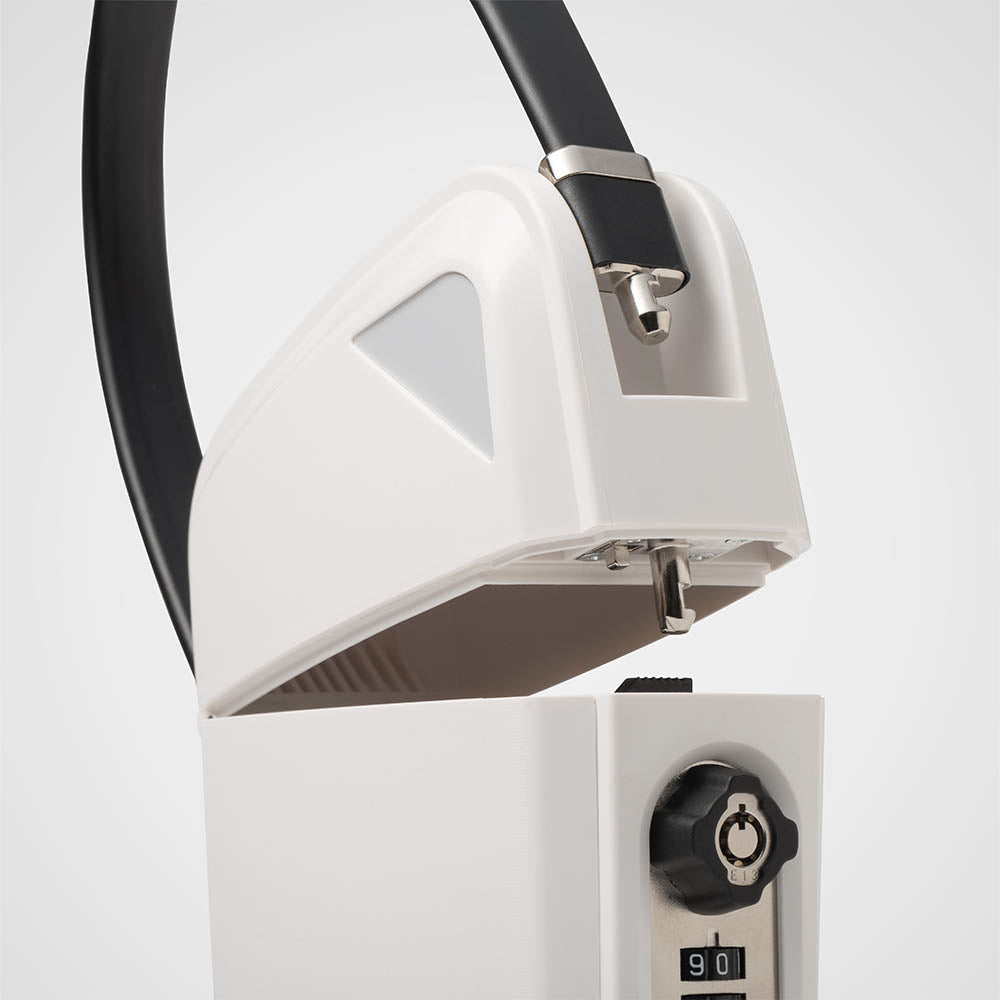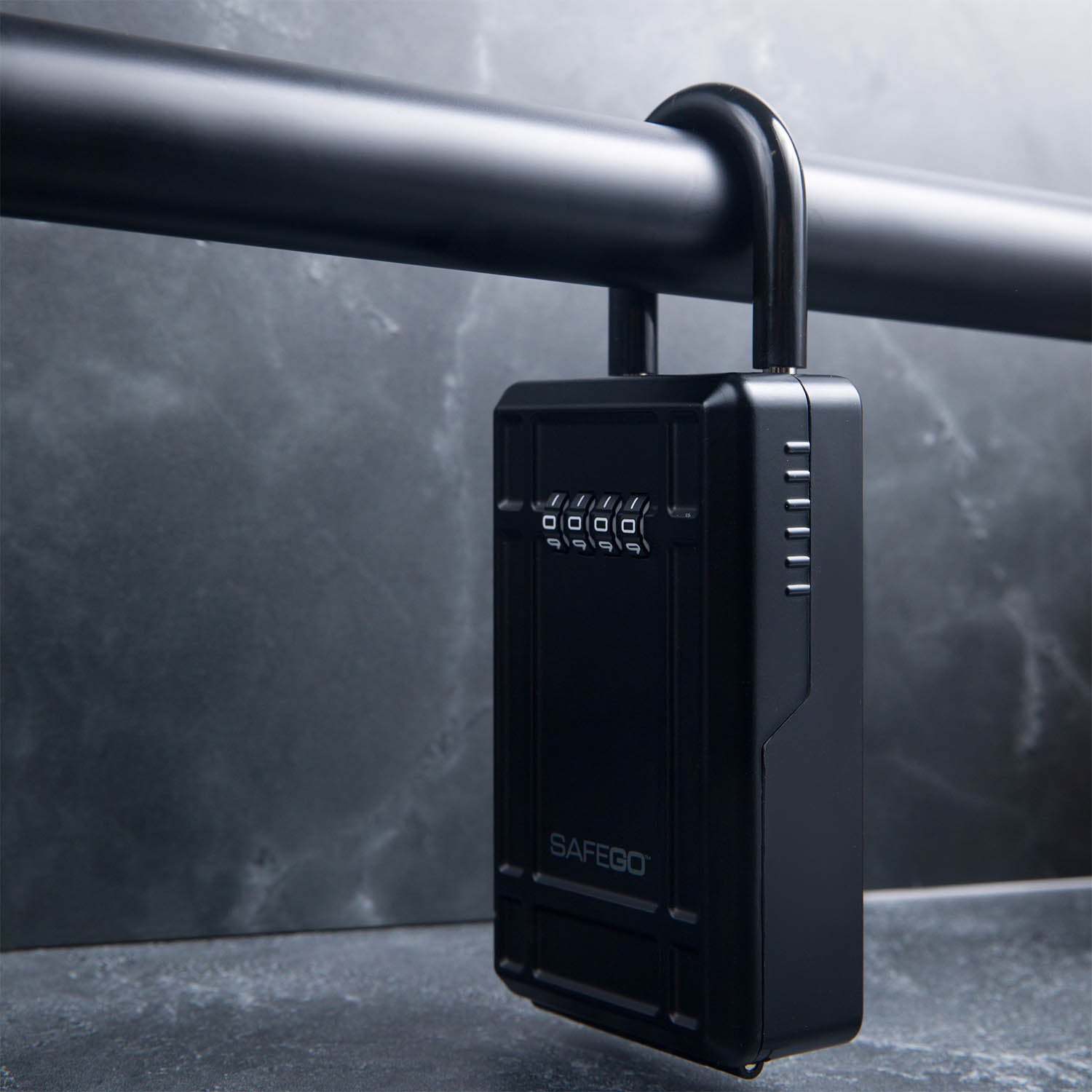
Beating Jet Lag: Vacation Tips for Crossing Time Zones
Jet lag is the unwelcome passenger on every time-hopping adventure. You may think you are spending a week in Europe, but really you are traveling for two days and napping for another three until your circadian rhythm has adjusted. How much time remains for your grand exploration? Not as much as you planned; that’s for sure. Unfortunately, there is no magic remedy that beats giving your body time to acclimate to a new time zone, but there are a few small actions you can take to help alleviate tiredness and get to the fun stuff faster.
Start to Adjust Your Sleep Cycle Before Departure
For the same reason you would not pack your suitcase one hour before your flight, you should not wait until you arrive to start adjusting to a new sleep cycle. Studies show that making the effort to shift your sleep cycle a few days ahead of your trip can be great for your mental and physical health while traveling, especially if you will be crossing more than two time zones. Start by going to sleep one to two hours before your normal bedtime if you plan to travel east, or one to two hours later than your normal bedtime if traveling west. Even the slightest adjustments ahead of time will help you to combat jet lag and maximize daylight during your getaway.
Hydrate
Many people tend to avoid consuming liquids before and during long flights to circumvent the need to use the airplane lavatory. Yes, plane toilets can be gross, but you should not deprive your body of necessary nutrients for this sake. Additionally, the lack of humidity on airplanes only increases your chances of dehydration, which can make you feel tired and run down. Feeling sick and tired when you deplane does not bode well for your first day of vacation, as you will likely need to take time to rest and recover. So, in addition to wearing your thrive patch, make sure to drink plenty of water before, during and after your flight to help maintain your energy levels.
Keep Your Nightly Routine
As keen and sharp as your brain is, your body is a routine-oriented being that can be manipulated. When you are trying to adjust to a new sleep schedule, you can trick your body into believing that it’s bedtime by simply going through your nightly regimen. Whether you are in the airport on a layover or on your flight, do the bedtime tasks that are normal for you. Wash your face, brush your teeth, put on fuzzy slippers and settle in with a book and some noise-canceling headphones. Chances are, you will drift right off into dreamland and wake up refreshed in time to deplane and start your adventure.
Adopt Local Time Upon Arrival
You have just arrived after a long flight where you did your best to drink fluids and get some good sleep, but you still feel sluggish. You just want to go to your hotel room and crash for a little while. Don’t do it! As hard as it may be that first day, do your best to keep the local time and force your body to cooperate. Drop off your bags and have a quick refreshing shower, but go back out into the world, grab a bite to eat and walk the streets for a while. Maybe hit the hotel gym for a quick workout to wake you up. When it is time for bed, you will sleep more soundly and wake up feeling energized. Don’t forget to set an alarm so you won’t sleep through the continental breakfast and miss your first scheduled tour.
Of course, the extent to which you prepare depends on how far you plan to travel. If you fly from the US to Tokyo, your circadian rhythm will flip completely, with your body thinking it’s midnight in the middle of the afternoon. Your commitment to planning will determine your success with defeating jet lag and maximizing time for fun.





